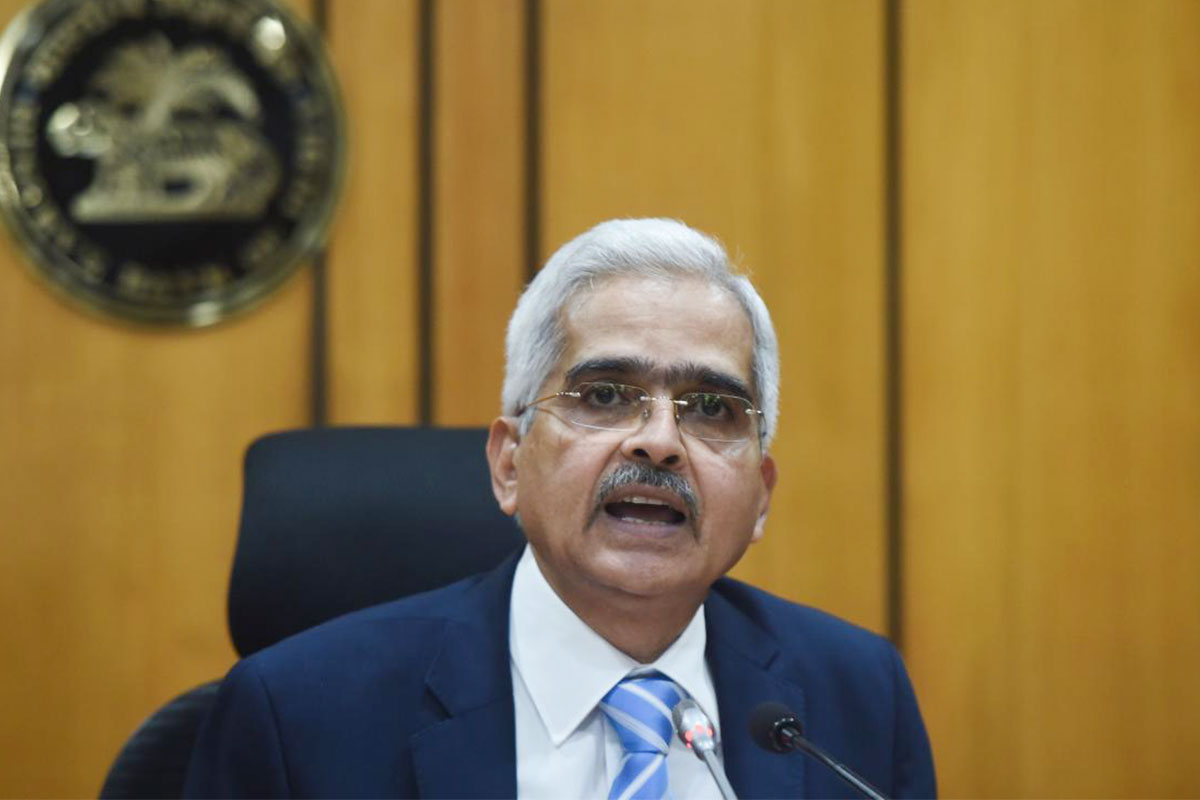In a big move, the Reserve Bank of India on Thursday decided to broaden the scope of priority sector lending by including start-ups. This will allow thousands of start-ups functioning in different fields to access timely and adequate bank credit which otherwise would have been difficult to get given the risk profile attached to their projects.
Priority Sector Lending (PSL) is a tool given by the RBI to the banks for providing a specified portion of the bank lending to few specific sectors like agriculture and allied activities, micro and small enterprises, poor people for housing, students for education and other low income groups and weaker sections. The eligible entities get access to credit on easier terms from banks under the PSL. Banks have to keep 40 per cent of Adjusted Net Bank Credit or Credit Equivalent Amount of Off-Balance Sheet Exposure, whichever is higher to priority sector, including agriculture and micro-enterprises.
Advertisement
The PSL guidelines were last reviewed by the central bank in April 2015.
Giving out the outcome of Monetary Policy Committee (MPC) meeting, RBI governor Shaktikanta Das said, “with a view to align the guidelines with emerging national priorities and bring sharper focus on inclusive development, the guidelines have been reviewed after wide ranging consultations with all stakeholders.”
Thus, ” an incentive framework is now being put in place for banks to address the regional disparities in the flow of priority sector credit.”
Accordingly, the incentive will work with banks getting higher weightage for incremental priority sector credit in the identified districts having lower credit flow, and a lower weightage would be assigned in identified districts where the credit flow is comparatively higher.
The revised guidelines also aim to encourage and support environment-friendly lending policies to help achieve Sustainable Development Goals (SDGs).
Broadening the scope of PSL, it has been decided to include “start-ups; increasing the limits for renewable energy, including solar power and compressed bio gas plants; and, increasing the targets for lending to ‘Small and Marginal Farmers’ and ‘Weaker Sections’,” Das said.
To address the regional disparities in the flow of priority sector credit, an incentive framework has already been put in place for banks.











